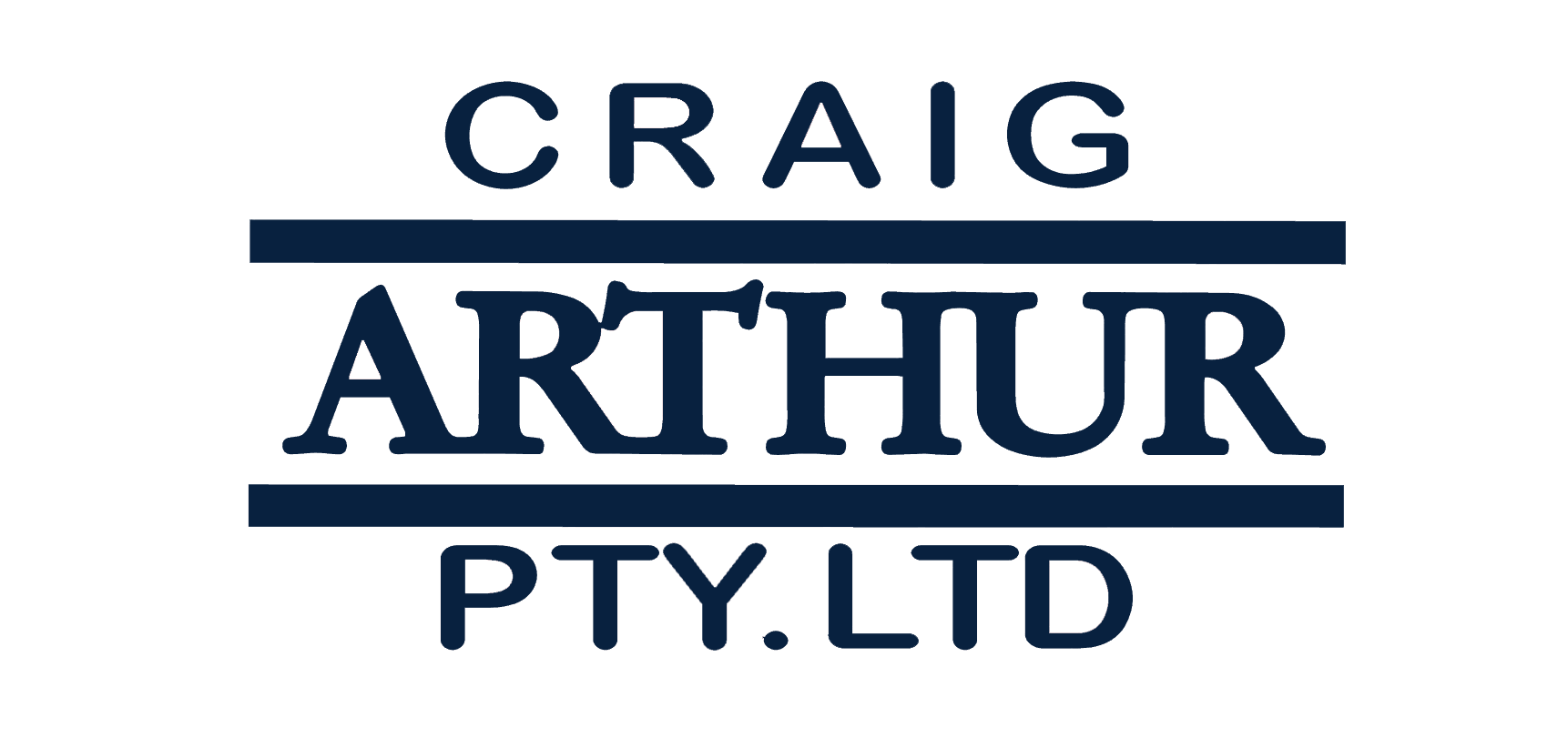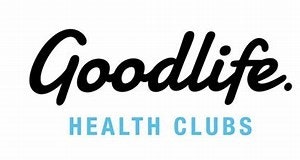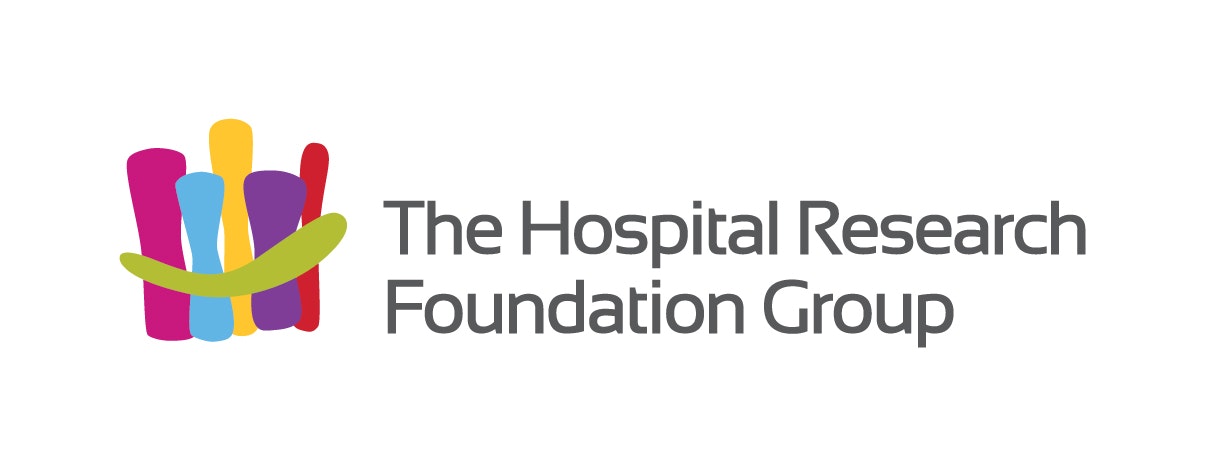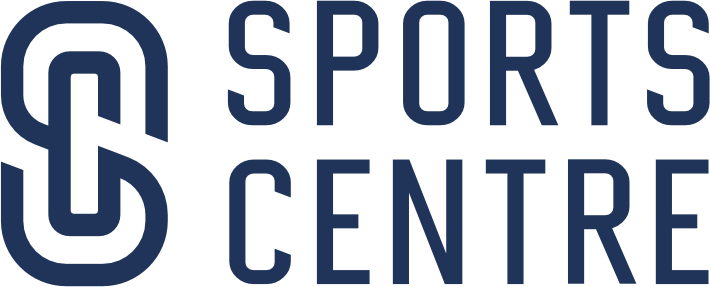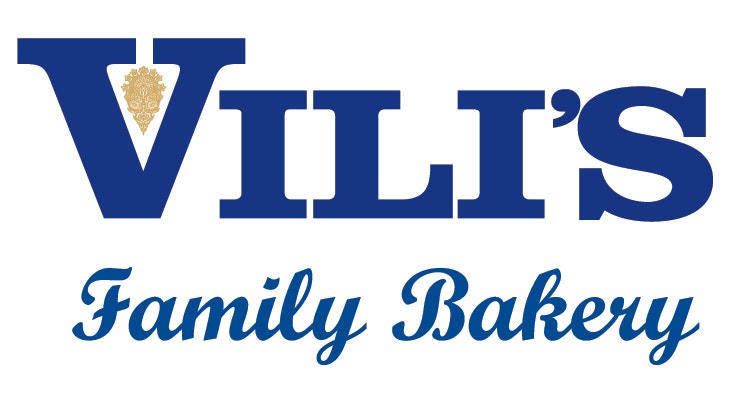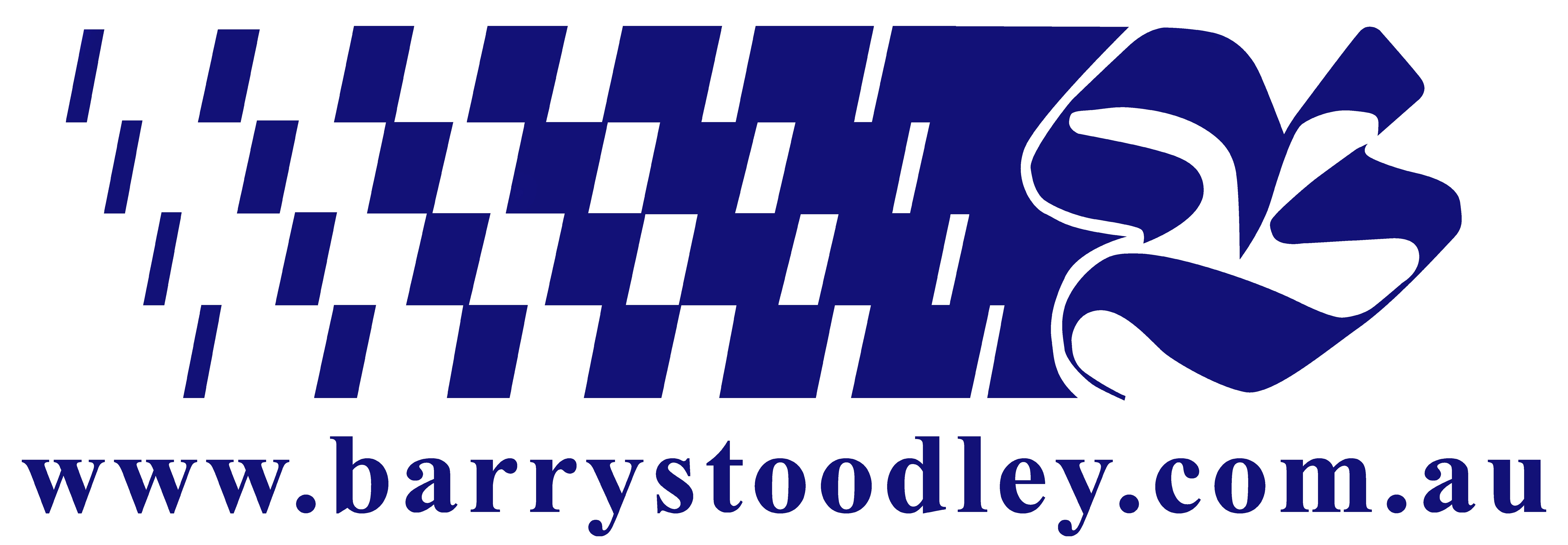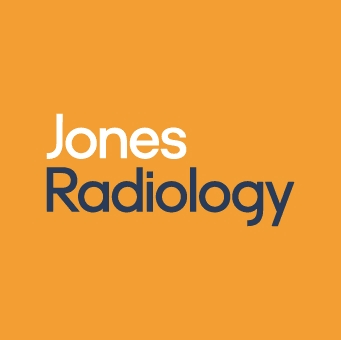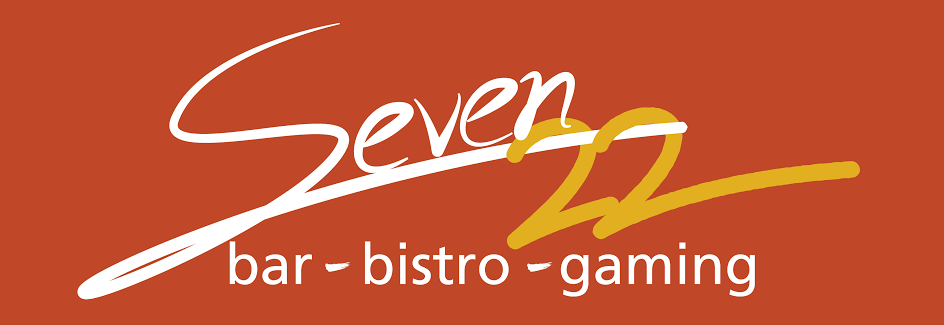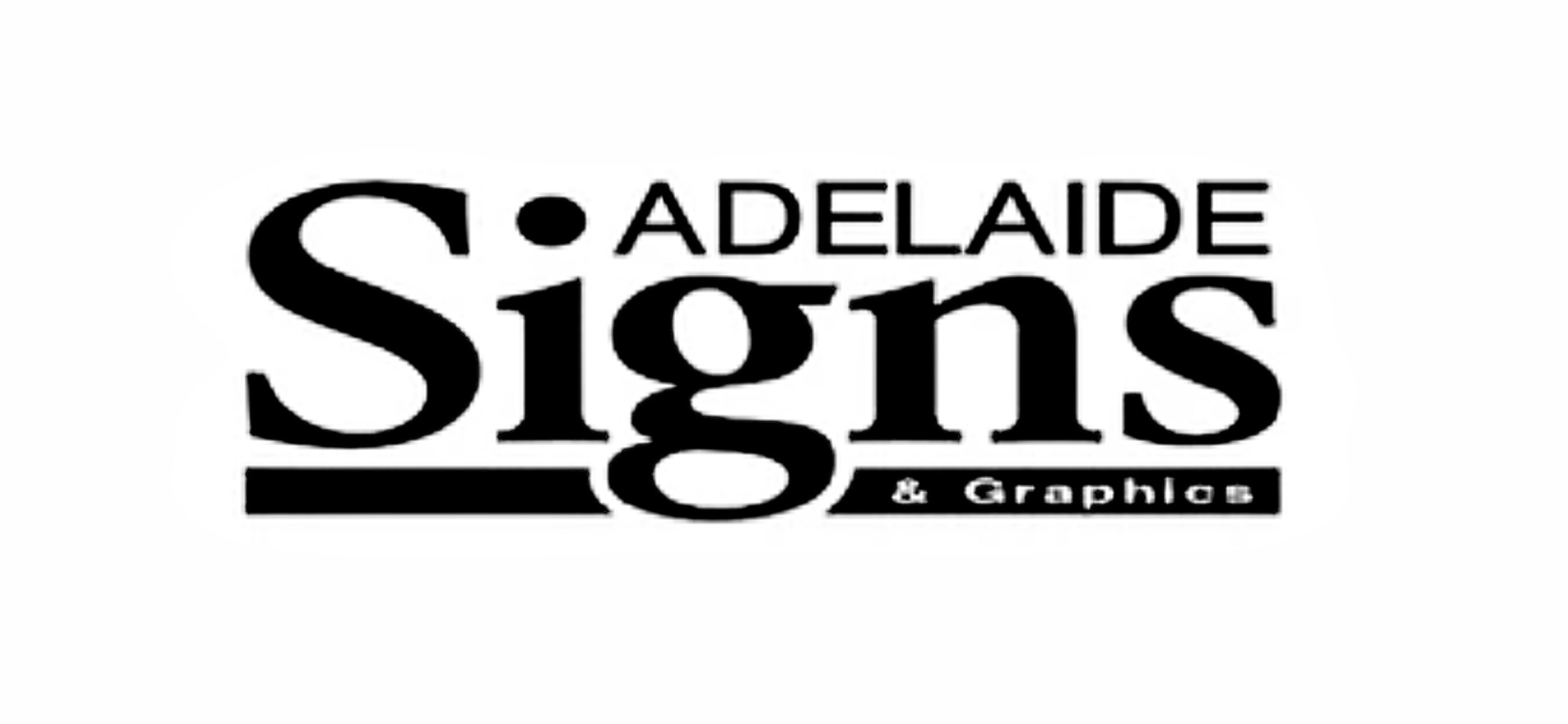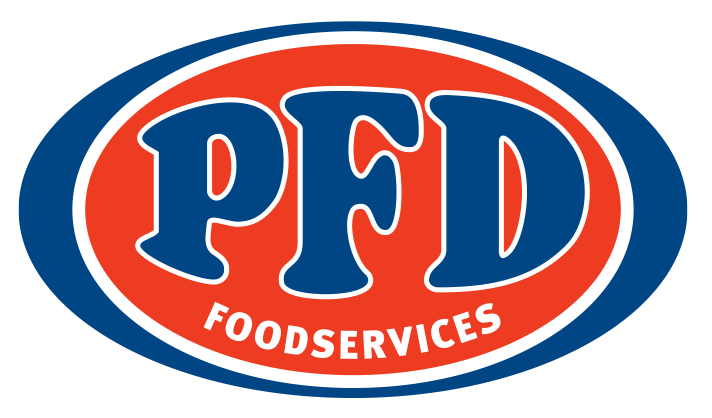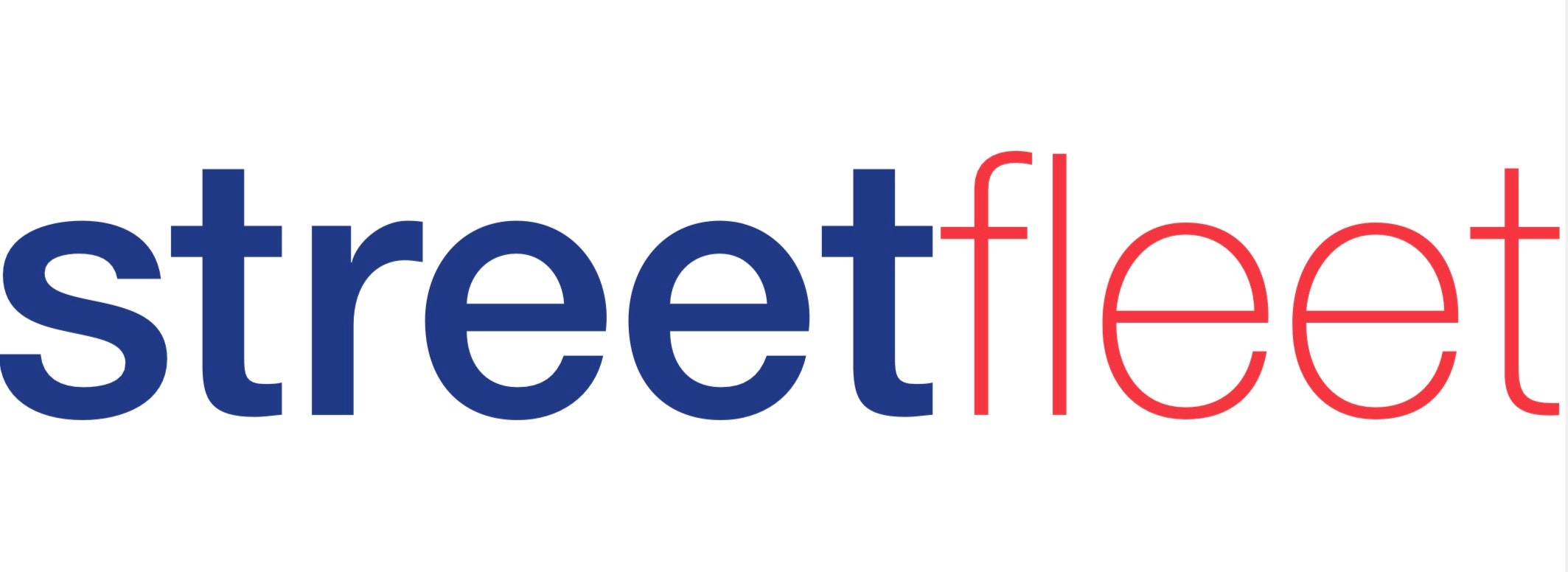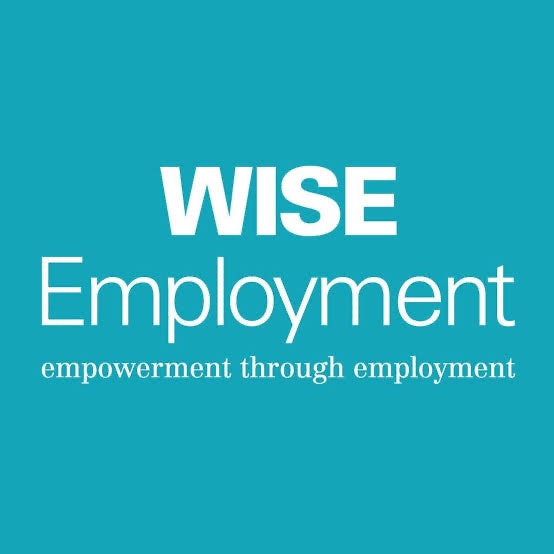
Footy training set to resume in SA
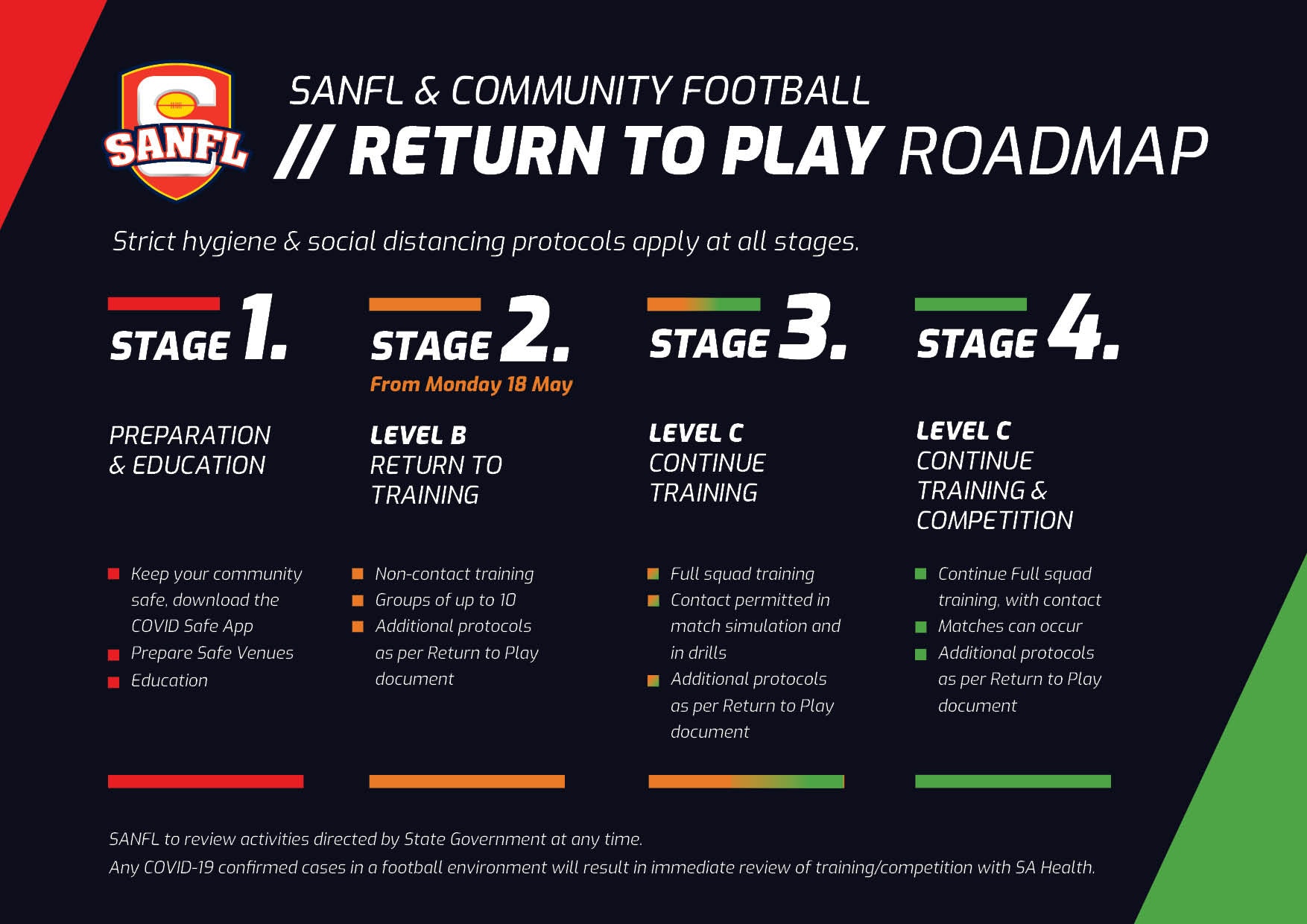
9 May 2020
SANFL has received State Government approval for a structured return to training in groups of 10 for SANFL and Community Football, with training to commence under strict protocols from Monday, May 18.
The first phase for football’s return from this Monday (May 11) will be to plan, implement and communicate to members hygiene protocols and enable the delivery of an education program to all 257 SANFL and community clubs across the State to ensure clubs undertake the necessary preparations for returning to play in a COVID-19 environment.
Following the Government’s announcement of the easing of COVID-19 restrictions in South Australia, SANFL has been advised by SA Health and the Office of Recreation, Sport and Racing that senior and junior football teams are permitted to train in three groups of 10 divided across three areas of an oval under strict conditions.
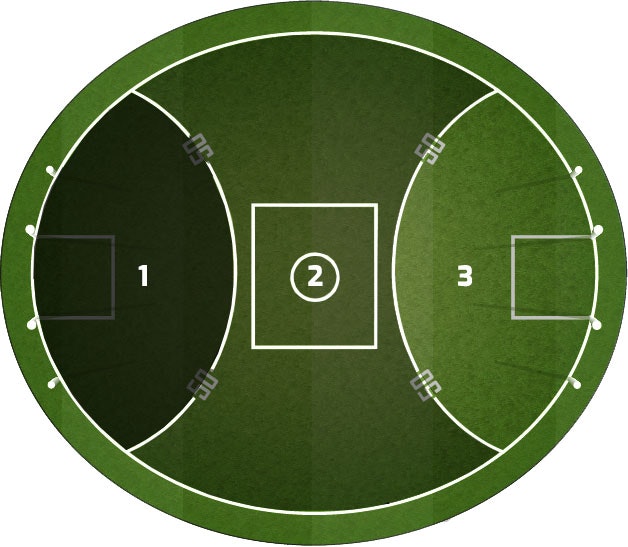
Note: each area is approx 5,000m2
SANFL Chief Executive Officer Jake Parkinson said despite outdoor sport training for groups of 10 being allowed from Monday, it was imperative for football – the most participated club sport in South Australia – to return in a structured and safe manner to mitigate the risk of COVID-19 community transmission.
“Appreciating that we have some 54,000 registered club players in the State with a minimum of 20 players in every football team – together with the number of teams at each club – it’s important to return to play under strict guidelines and protocols which ensure the health and safety of participants and the broader football community,” he said.
“Furthermore, we have to consider that many of our dedicated volunteers at football clubs are in the vulnerable cohort and therefore are at a greater risk of serious illness if they are infected with coronavirus.
“Measured and controlled SA Health-approved return to play protocols are therefore the responsible and only way to ensure football has the opportunity to return to normality with a continuous season.”
SANFL earlier this week submitted a comprehensive Return to Play document to the State Government, developed in accordance with the AIS Framework for Rebooting Sport in a Post COVID-19 Environment as well as the Federal Government National Guidelines for the Resumption of Sport and Recreation activities.
The protocols outlined in the document, now approved by the Government, for a return to football training under the current ‘Level B’ AIS framework include:
- Club staff and medical officials (including trainers) required to undertake COVID-19 infection control training in advance of training returning.
- Mandatory education briefings in advance of training returning for all players/coaches/staff/officials at every club to outline protocols.
- Applying the AIS framework principle of ‘get in, train and get out’, with no access to changerooms, gyms or wet areas.
- Temperature checks of all participants before training where possible
- Training (both SANFL and community football) to be conducted in groups of 10 across three divided areas on the oval. The groups are not to mix or cross over at any time
- Training activities to be non-contact and social distancing of 1.5 metres between coaches/players/club officials required at all times.
- Limited use of equipment with sanitised footballs during ball drills
- Stringent hygiene practices to be applied, including no sharing of towels/water bottles/food.
Mr Parkinson said he acknowledged that the return to play under strict protocols would be a significant undertaking for all clubs, especially small community clubs, but was essential to ensure the protection of their communities.
“Our grassroots community clubs undoubtedly still have a very challenging time ahead of them, which is why we need return to training in a timeframe to ensure they can do this effectively,” he said.
“However, SANFL will provide as much support and resourcing as we possibly can to educate and assist clubs, to ensure they have the capabilities to implement these protocols and get their players back on the field and re-connect local communities.”
Mr Parkinson said he was pleased that the State Government and SA’s Chief Public Health Officer, Professor Nicola Spurrier, had recognised the importance of local sport resuming in a controlled manner.
“Resumption of community football can contribute many health, economic, social and cultural benefits to South Australia as it emerges from the COVID-19 environment,” he said.
“There are also the physical and mental wellbeing benefits for participants – men, women, boys and girls – across regional and metropolitan South Australia, along with their coaches, plus more than 2,500 umpires and members of over 250 community clubs.”
SANFL will continue the process of consultation with SA Health and the Office of Recreation Sport and Racing for commencement of competitive training followed by matches from June 8 onwards, understanding the current restrictions will be groups of 20 people.
As part of the Planning & Education stage, SANFL has developed a Return to Play Resource website which includes key documents (such as a Return to Training Checklist) as well as education videos and resources.
The education suite has been developed to provide information and support to our entire football community, and we encourage all players, coaches, umpires and club/league officials to undertake the training, as well as the parents/care givers of players.
Return to Play Protocols
View AllRelated News
-
 Club News
Club NewsKnow Your Eagles – 2025 Guernsey Numbers
-
 Club News
Club NewsVale Tim Rendell
-
 Club News
Club News2025 Hostplus Pocket Profile – Woodville-West Torrens
-
 Club News
Club NewsU18s, U16s & U14s 2025 Fixture Released
-
 Club News
Club NewsNotice Of Annual General Meeting
-
 Club News
Club NewsNotice Of Board Nominations
-
 Club News
Club NewsFirnsy Calls It Day
-
 Club News
Club NewsWe Need Your Support








